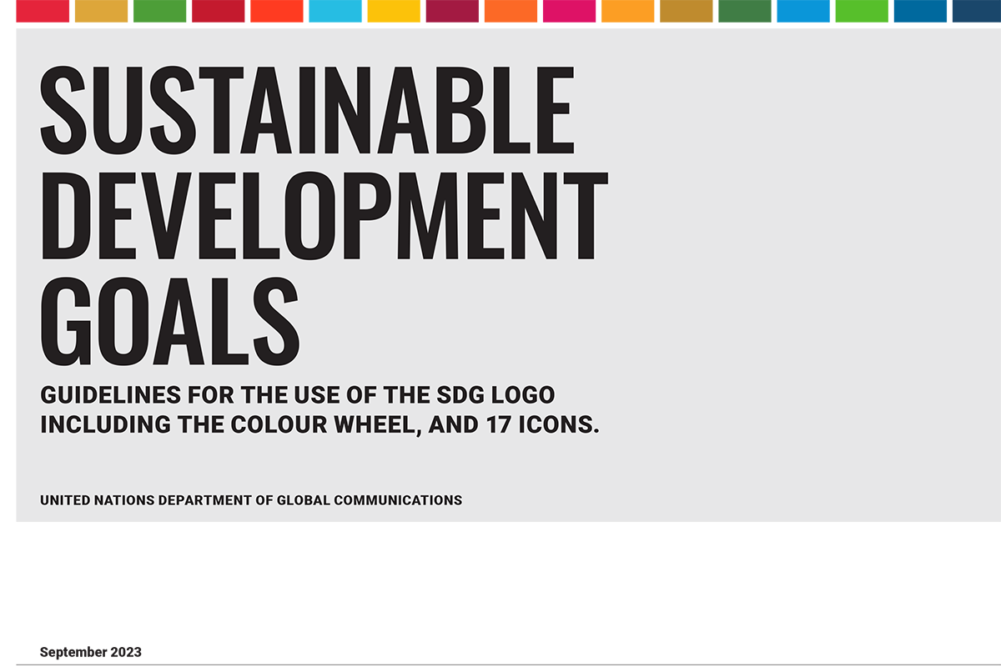US grocery retailers could see big supply shifts in fresh seafood in coming years if sustainable fishing warnings are not heeded.
That’s among the takeaways from a new study by the Marine Stewardship Council (MSC), the non-profit behind the blue label on seafood packs that denotes a producer’s strong sustainability performance.
In the report, the MSC is “calling on global leaders to recognize the vital role of sustainable fishing in delivering urgent progress to safeguard our ocean, livelihoods, and food supplies.”
Set against the background of the United Nations meeting in New York in September to reconfirm commitments to the international Sustainable Development Goals (SDGs), the MSC published its report, which outlines how policymakers, companies, funders, and other ocean stakeholders can support the SDGs through sustainable fishing.
“Despite the ocean’s vital importance to every aspect of human life, from feeding people to regulating the climate, no country is close to achieving SDG14: Life Below Water and it remains significantly underfunded,” according to the report.
Previous analysis by the MSC found that ending overfishing could provide enough protein for 72 million additional people a year, contributing to the delivery of SDG2 on zero hunger. According to the World Bank, ending overfishing could help deliver more than US$80 billion in economic benefits a year, supporting SDG8 on economic development.
The UN SDG Summit marks the mid-point of the implementation of the 2030 Agenda for Sustainable Development, the plan of action for people, planet, and prosperity.
“Time is running out. With only seven years remaining until the 2030 deadline, we’re at a pivotal moment to ensure SDG 14 can have a real and lasting impact on the water,” said Erika Feller, MSC Americas’ director. “The MSC report outlines how the growth of sustainable fishing practices globally supports the delivery of the SDGs.”
Sustainable fishing is integral across the sustainable development goals, particularly SDG 14, which includes targets to end overfishing, protect and restore ecosystems, and support the delivery of many other goals.
The MSC report shows that fisheries, governments, and companies’ involvement in the MSC program are helping to deliver 34 targets across five of the Sustainable Development Goals:
- Zero Hunger
- Decent work and economic growth
- Responsible consumption and production
- Life below water
- Partnerships for achieving goals
“As the 2030 deadline for completion of the goals nears, there is increasing urgency for how to credibly measure progress towards these global goals,” according to the MSC. Data from the MSC program is already used by some national governments and businesses as evidence of progress towards SDG14 targets. These data are formally recognized as indicators of delivering the UN Biodiversity Framework and the UN Environment Program.
“This new MSC SDG report highlights just how important it is to demonstrate progress accurately and credibly,” Feller said. “My hope is that we see strong and time-bound commitments come out of the SDG Summit toward achieving SDG14.”
Big goal, strong partnerships
The MSC has set a goal to engage a third of the global wild seafood harvest in the MSC program by 2030, which can only be accomplished through partnerships among fisheries, businesses, governments, NGOs and other stakeholders.
“Stronger commitments and dedicated funding to support sustainable fishing practices by governments and the public and private sector are critically needed to make progress on the important SDGs.”
The new report also details the ways in which fishing and seafood production are intrinsically linked to economic prosperity, livelihoods, nutrition, biodiversity and ecosystems.
Analysis shows that organizations, including fisheries, governments and seafood companies, that engage with the MSC program are helping to deliver at least 34 targets across five SDGs.
“Their commitments to MSC certification support environmental, social and economic sustainability. Some national governments and businesses are already using certification to the MSC’s standards as evidence of progress towards targets in SDG14.”
Data from the MSC program is already recognized by the UN as an indicator for measuring actions to safeguard the ocean and biodiversity. This data is available to the international community, including governments, businesses and investors, to monitor and credibly evidence efforts to deliver the SDGs.
Retailer and brand commitments to MSC certification can also provide a financial incentive for sustainable fishing through market demand for certified seafood with the blue MSC ecolabel, according to the report.
The MSC works with some of the world’s leading retailers and seafood brands to influence positive change within the seafood sector. It’s also helping to increase understanding of the importance of choosing sustainable seafood, with global marketing and communications campaigns reaching millions of people every year.
“This helps to drive sustainable consumption. The MSC works with stakeholders from across the seafood sector including business, governments, conservationists and scientists helping to build collaborative partnerships needed to transform the seafood sector.”
Almost half (48%) of the 225 NGOs, seafood industry professionals and experts from 31 countries who took part in the MSC’s SDG leadership forum for Goal 14 in 2019 believe that sustainable sourcing policies are the most effective way to accelerate progress towards ending the crisis facing the oceans.
Overall, the MSC’s analysis shows that efforts to meet the MSC standards, and commitments to certified sustainable seafood, are helping deliver at least 34 different SDG targets out of a possible 60 targets. Reaching as many of those targets as possible, according to the group, is crucial to ensuring a sustainable seafood future.
This article is an excerpt from the November 2023 issue of Supermarket Perimeter. You can read the entire Seafood Sustainability feature and more in the digital edition here.

